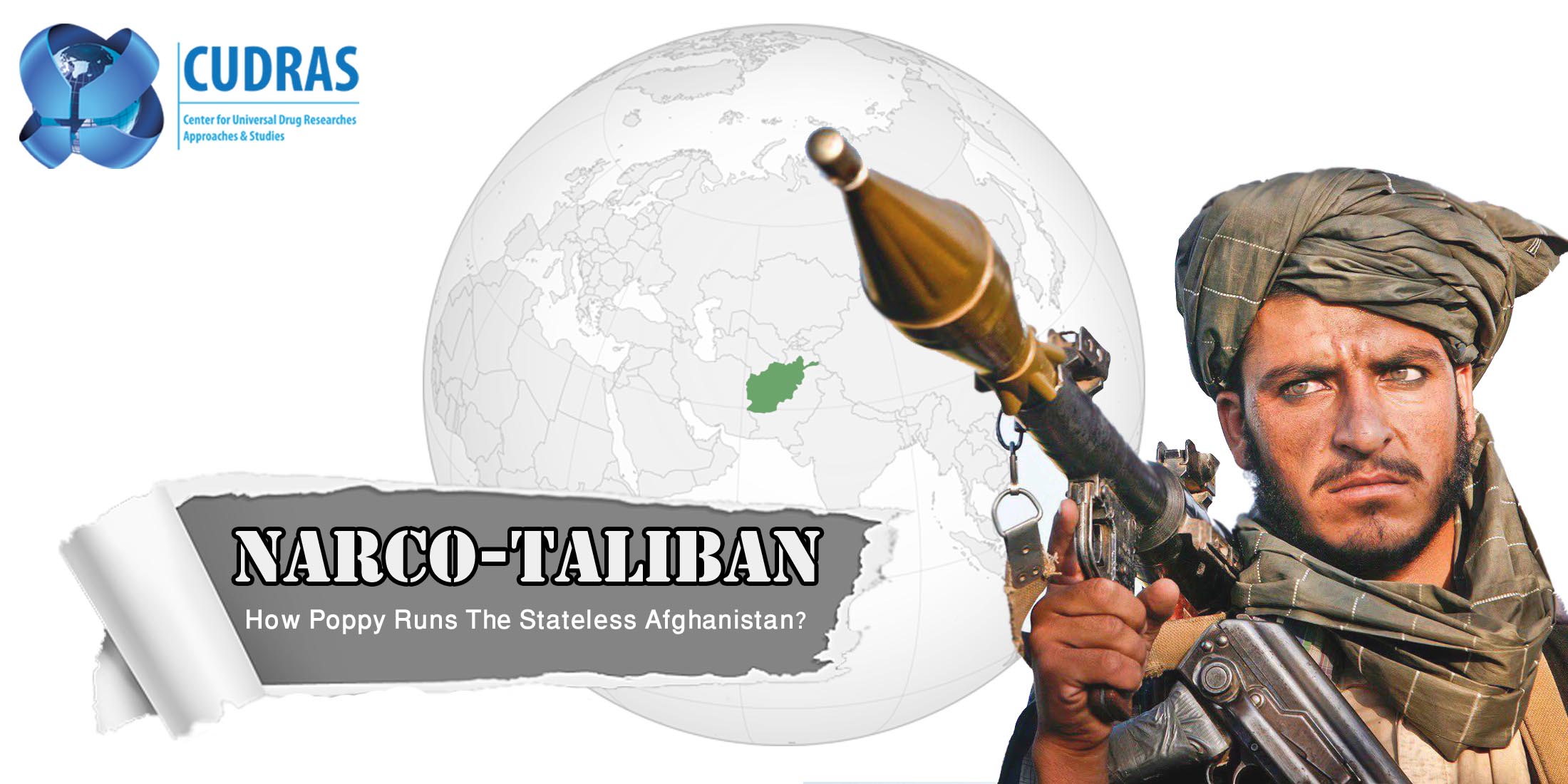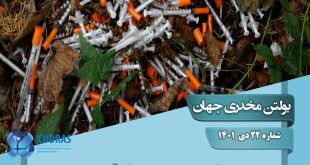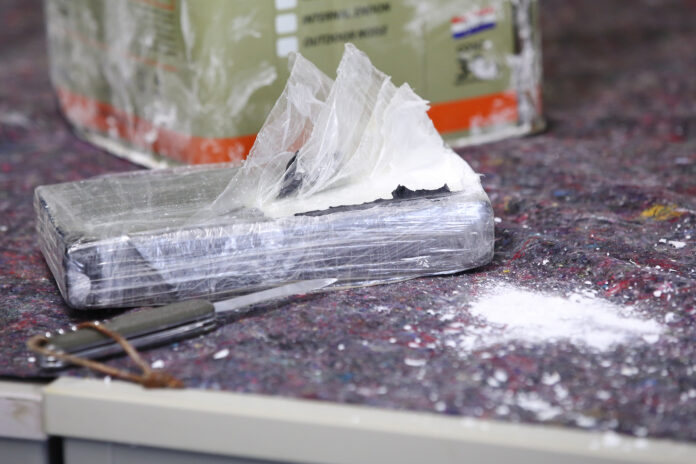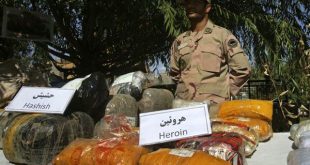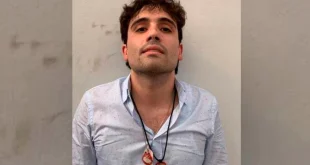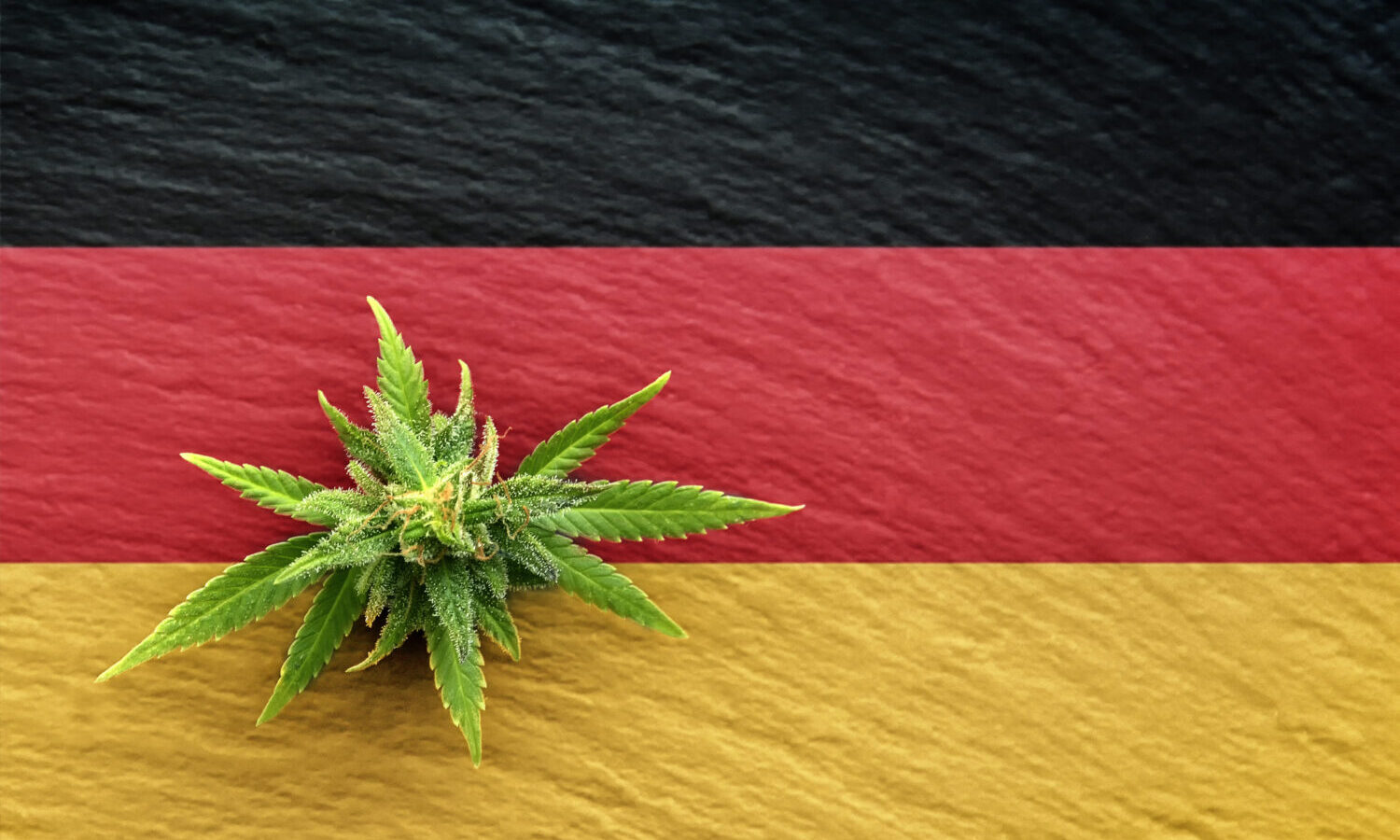
As we elucidated “The Fragile States” in previous article, now we want to examine the relation between state fragility and organized crime. Finally, we evaluated the situation of each state based on fragile state index from 2011 to 2018. The current study focuses on “nexus of terrorist groups, fragile states, and organized crime increase” in Afghanistan, elucidating how Taliban as a terrorist groups have succeeded not only to misuse the fragility of Afghanistan central government over 20 recent years, but also to engage in poppy cultivation, opium production, smuggling and selling them. The opium money has become one key factor in Taliban’s political and economic survival.
Seth D. Kaplan, the American scholar, in his famous book “Fixing Fragile States” surmises five key factors of a terrorist network included in “institutionalized leadership and training of members”, “conflict history” , “Testing weapons and military equipment”, “resources and money,” and ultimately “sometimes carrying out terrorist operations”. According to Kaplan, poor governance sets the ground for the institutionalization of the leadership of anti-systematic and terrorist groups, allowing them to train and recruit their cadre without any significant conflict with the government. The survival pattern that is critical for all terrorist movements from the Taliban to al-Qaeda, ISIS, Boko Haram, and … is considered to be weak state as we saw in Afghanistan, Syria, Yemen, and Iraq.
Besides, countries, especially with the history of ethnic, racial or religious conflicts, are more suitable places for such active movements to form that is why the Middle East and North Africa experienced the most devastating terrorist movements in the world in recent years. Having multi-ethnic and multi-religious nature along with a long history of ethnic and religious conflicts, Iraq is a suitable arena for terrorist groups’ activity. Afghanistan has both of these characteristics (multi-ethnicity and multi-religiousness). Beside all; Iraq and Afghanistan both has experienced military occupation, with each time new terrorist groups have been started to role in.
Historically, several years after the Soviet invasion of Afghanistan, al-Qaeda led by Osama bin Laden was formed to counter the presence of Russian communists and the implementation of the Islamic Sharia. A few years after the invasion of Iraq, the ISIL formed and managed to dominate vast areas of Iraq and Syria. “Normalization of violence” is more easily done in areas that have records of sectarian conflict, this violence has become a common aspect in people’s lives, and no one else is surprised at the incidence of violence. For example, large numbers of violent events or executions by violent means from groups such as al-Qaeda, the Taliban, ISIL, etc. are available on cyberspace, which is also seen by ordinary people. On the other hand, possession of military and explosive weapons, financial resources, as well as operating terrorist attacks are also other requirements that needed for the establishment of terrorist groups.

Table 1: Key factors in the rise and fall of terrorist groups in fragile states
Taliban and Organized Crime
In the meantime, many terrorist groups are targeting organized crime, including human trafficking, drug trafficking, weapons trafficking, and precious commodities, in order to finance their activities. In Afghanistan, as noted, the fragility of the state on the one hand, and the high presence of terrorist groups such as the Taliban, al-Qaeda, Lashkar-e-Jhangvi, ISIL and … have increased the severity of the organized crime. Of course, we do not intended say the Taliban is responsible for all cultivating, producing poppy and smuggling and selling opium in Afghanistan. Nevertheless, the Taliban seems to play a significant role in the chain.
The Taliban has been announcing existence since 1994, is pursuing a literal interpretation of the Shari’a of Sunni Islam as the main goal. Following Kabul occupation from 27 Sep. 1996 to November 14. 2001, when the Northern Alliance, or the “National Alliance for the Survival of Afghanistan” that following the US invasion of Afghanistan siezed the capital from the Taliban. “Islamic Emirate of Afghanistan” was in power for 5 years. During the Taliban’s rule over Afghanistan, poppy cultivation and opium production in this country, with the exception of 2001, showing a growing trend.

Graph 2: Annual Afghan opium production and average land prices
As shown in the chart above, the Taliban government owned new records in 1997, 1999, and 2000 regarding Afghanistan’s opium production, which has fluctuated in many years after its fall. On the other hand, the area under poppy cultivation has increased by nearly 40 percent over the 5-year period of the Taliban. During this period, the Taliban provided favorable conditions for the growth of opium crop production by supporting opium poppy cultivation and the sale of the farmers in exchange for security and the possibility of selling it, but the droughts caused this growth to remain limited.
However, the Taliban regime under the pressure United Nations and set to prevent military invasion, cooperated in eradicating opium. Since July 2000, following the issuance of the fatwa by Mullah Omar cultivation and production of opium sentenced to be anti-Islamic. The Taliban leader adopted antagonistic policies, basing on three principles: 1- Threats to punishment 2- Precise monitoring and continuous elimination of poppy fields; 3- Penalties and punishment of offenders in public.[1]
Some local groups and officials were selected by the Taliban as the guarantors of the implementation of this law, and they were given unlimited freedom of action. The result was a 99% reduction in poppy cultivation in Taliban-controlled areas[2]. The implementation of the Taliban’s policy of eliminating farms is the most successful example of the policy of eradication in the history of Afghanistan and even the world.
Upon the US attack on the country along with the fall of the Islamic Emirate of the Taliban, the group’s approach to poppy cultivation and opium production has changed agian. The Taliban, which in 2000 opposed to poppy cultivation based on Shari’a, attempted to take the control of some other parts since 2005, so opium poppy cultivation was not only prevented but also considered to be obligatory (based on farmers’ declarations). As poppy cultivation grows in the Taliban’s controlled areas such as in Helmand, Balkh, and Farah provinces, we could rely on farmers’ declarations[3]. On the other hand, with a look at Afghanistan’s farm developments in a recent year, poppy cultivation has increased sharply in almost all areas that were under Taliban control during this period.

Hashem Vahdat Yar, the manager of World Affairs Inst. stated that “Today, 40 percent of Taliban revenues originated from opium money, causing it to confront the Afghan government and the international community, as most Taliban members in the provinces of Helmand and Kandahar are involved in drug trade, not fighting religion and ideology!”.[4]
He also added that the Taliban are taxing all farmers whether to grow poppy or not. If a farmer decides to produce a product other than poppy, the Taliban will demand a tax equal to selling the same amount of poppy. On the other hand, the Taliban not only encourages farmers to plant poppy but also facilitate this, making cultivation of other products more difficult and even more deadly. The group protects farmers and their farms against government forces in return for tax, even targeting land mines or roadside bombs
Above all, former leader of this group, Mullah Akhtar Mansur, before his leadership was responsible for the market for the drug in a Girdi jungle in the Baluchistan province of Pakistan, along with Afghanistan’s Helmand province.
Thus, the opium not only feeds on the Taliban logistically but also opium dealers today have the upper hand in the Taliban’s highest rank decision maker structure, named the Quetta Council. As it said, the rise of Mullah Akhtar Mansour was also due to his relationship with the drug trade.
Reference
[1] . Where have all the flowers gone?: evaluation of the Taliban crackdown against opium poppy cultivation in Afghanistan, Graham Farrell, John Thorne in International Journal of Drug Policy 16 (2005) 81–۹۱۰
[2] . Ibid
[3] . https://thediplomat.com/2016/10/how-opium-fuels-the-talibans-war-machine-in-afghanistan/
[4] . Ibid
 Cudras
Cudras
